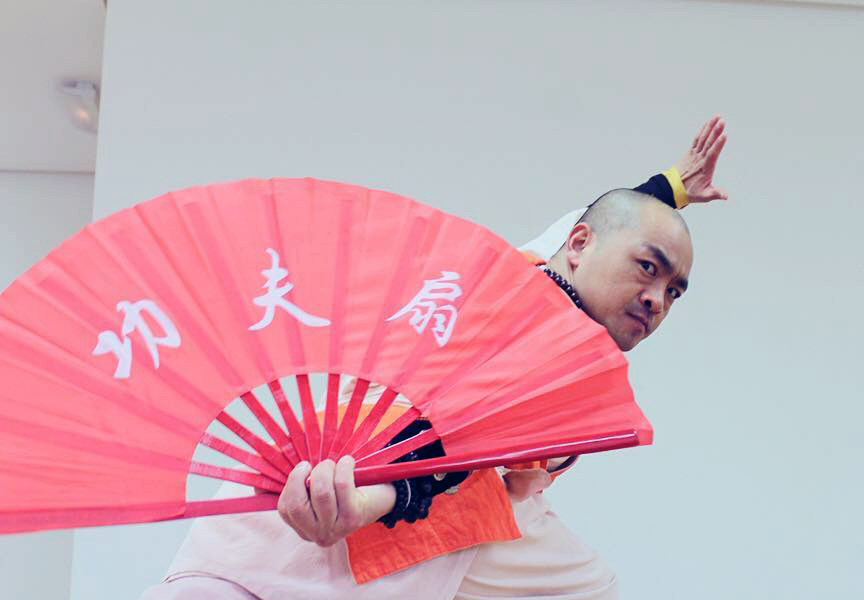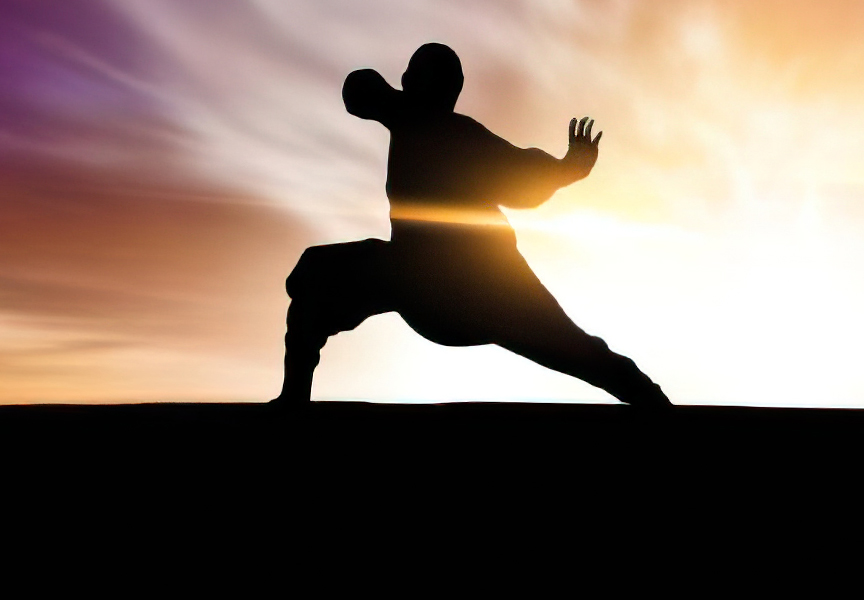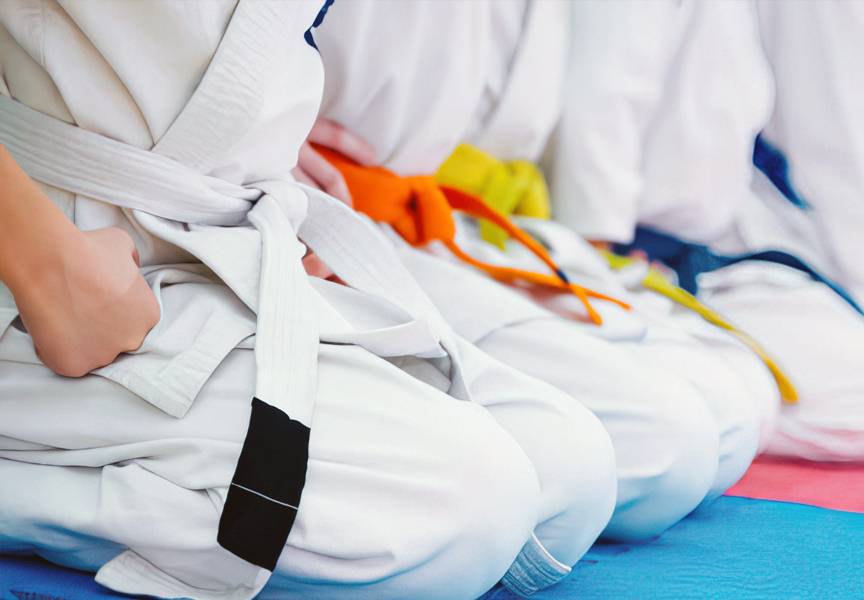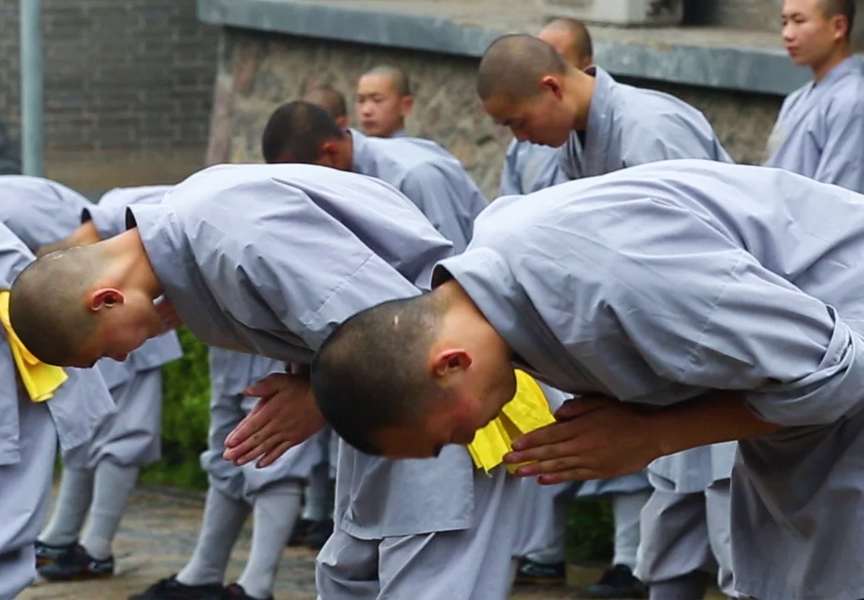Random Free Articles
- The Art of the Fan

A Traditional Weapon with Timeless Elegance The fan [Chin.: Shàn 扇], often associated with a tool for cooling oneself on a hot day or a stylish accessory, may not immediately conjure images of martial prowess. However, delve into the rich history of traditional Chinese martial arts, and you'll discover that the fan has been one of the most widely used and underestimated weapons. With roots reaching deep into ancient China, fan combat…
- The Changing Landscape of Kung Fu in Modern China

Exploring Cultural Evolution and Diversification In the realm of Chinese culture, few symbols carry as much weight and mystique as Kung Fu. For centuries, this ancient martial art has been intertwined with the very fabric of Chinese society, embodying principles of discipline, self-improvement, and tradition. However, as China hurtles forward into the 21st century, the prominence of Kung Fu is undergoing a profound transformation, reflecting…
- Body Flexibility in Martial Arts

Martial arts, with its rich history and diverse forms, is not just about mastering kicks, punches, and self-defense techniques. It also requires an incredible degree of body flexibility. Flexibility is a crucial aspect of martial arts, as it not only enhances one's performance but also helps in preventing injuries. In this article, we will explore the significance of body flexibility in martial arts, its various types, and the benefits it…
- Guide to Effective Self-Defense

In a world where unexpected dangers can lurk around any corner, knowing how to defend oneself is a crucial skill. While it's impossible to predict every potential threat, having a well-thought-out reaction plan can significantly increase your chances of escaping unharmed. This article aims to provide practical guidance on how to handle situations where you find yourself in danger and need to defend yourself. Stay Calm: One of the most…
- The Erosion Of Tradition in Martial Arts

How Competitive Sports Dilute Traditional Martial Arts In the world of martial arts, tradition is more than just a concept; it's the soul that breathes life into these ancient disciplines. Rooted in centuries of history, traditional martial arts have long been revered for their holistic approach to self-defense, personal development, and cultural preservation. However, in recent times, a noticeable shift has occurred as many traditional…

